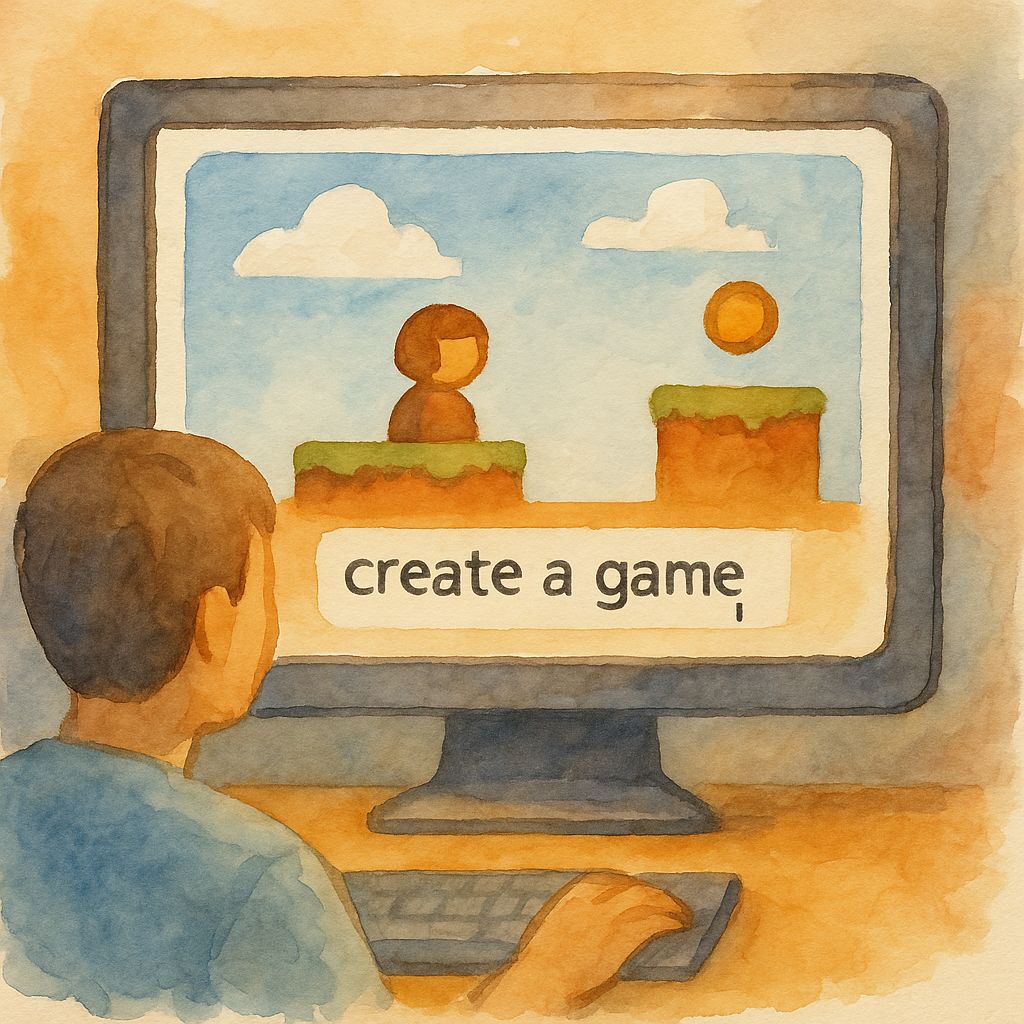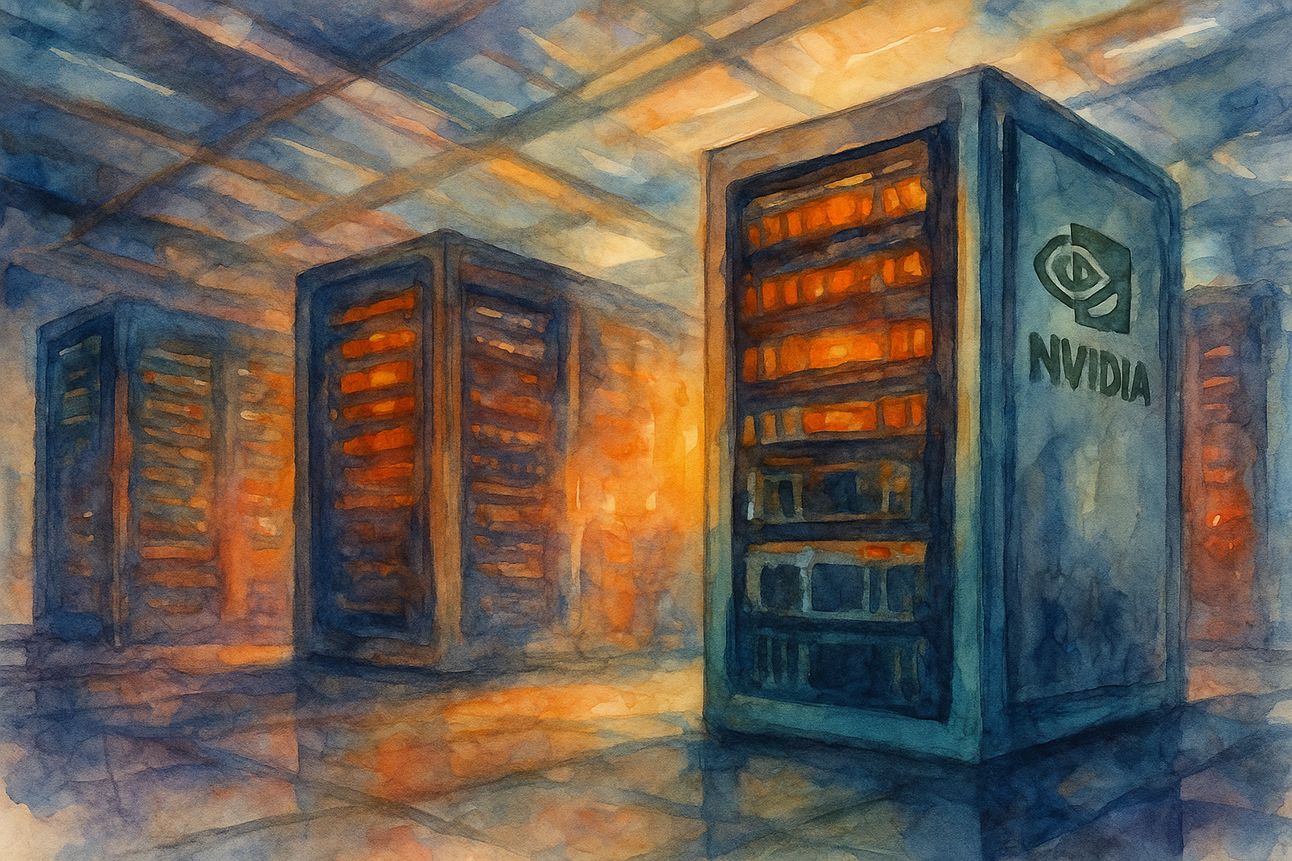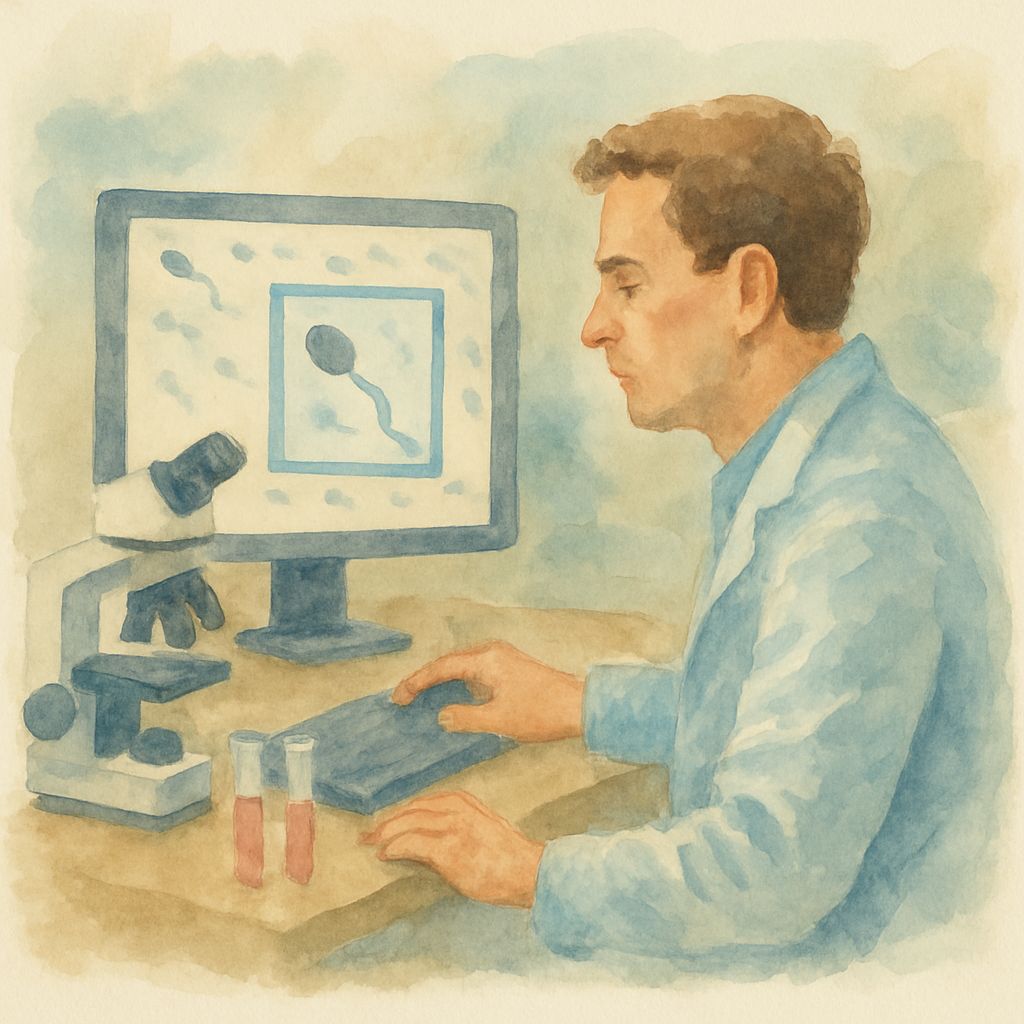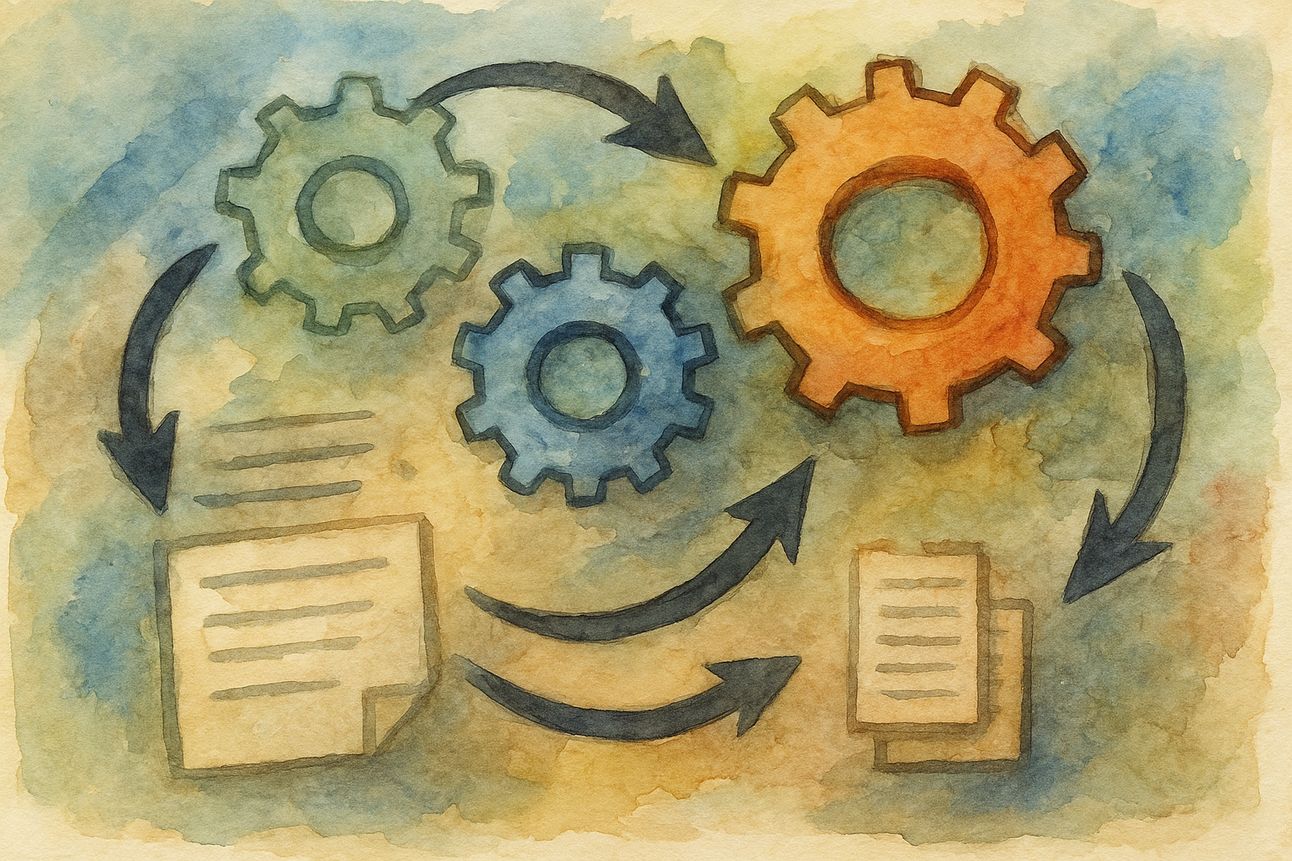- The Recap AI
- Posts
- Grok learns to create video games
Grok learns to create video games
PLUS: NVIDIA's Blackwell era officially begins, an AI fertility success, and how to build better agents
Good morning, AI enthusiast.
xAI's next update for Grok may move beyond simple text and code, with new leaks suggesting the model will soon be able to create video games from prompts. The release appears imminent, with new model versions spotted online just ahead of the holiday weekend.
The development would take AI from simply generating code to creating fully interactive applications. The key question, however, is how powerful this new feature will be—will it be limited to simple games, or will it create more complex and playable worlds?
In today’s AI recap:
xAI’s Grok rumored to create video games from prompts
NVIDIA's Blackwell era officially begins
An AI success in fertility treatment
How to build more reliable AI agents
Grok's Next Trick: Creating Games

The Recap: xAI's upcoming Grok 4 model is rumored to include a groundbreaking new capability, letting users create games directly from prompts, according to leaked images circulating on social media.
Unpacked:
The speculation is fueled by the discovery of new model versions, including
grok-4-0702and a specializedgrok-4-code-0702, suggesting the update is imminent.It's currently unclear if this feature will generate simple, code-based games or more complex world simulations, sparking debate about its potential scope.
The release seems timed to gain a competitive edge, with many expecting it to drop around the July 4th holiday while rivals like OpenAI are on break.
Bottom line: This development signals a major step for AI, moving beyond generating code to creating fully interactive applications. It positions xAI to directly challenge competitors in the creative and development spaces, potentially lowering the barrier to entry for game creation.
The Blackwell Era Begins

The Recap: AI cloud provider CoreWeave is the first to commercially deploy NVIDIA's next-generation GB300 NVL72 AI systems. The move officially kicks off the hardware era for Blackwell-powered AI development.
Unpacked:
The new platform delivers significant performance gains, including a reported 50x increase in output for reasoning model inference compared to the previous Hopper generation.
Each liquid-cooled system combines 72 NVIDIA Blackwell Ultra GPUs and 36 Grace CPUs, creating a powerful, rack-scale platform for the most demanding AI workloads.
This first-to-market access gives CoreWeave a key advantage, allowing it to differentiate from larger cloud providers by offering developers the latest hardware first.
Bottom line: For AI developers, this means the wait is over and access to next-generation hardware is officially here. This deployment sets the pace for the industry, putting pressure on other major cloud providers to accelerate their own Blackwell rollouts.
Where AI Experts Share Their Best Work
Join our Free AI Automation Community
Join our FREE community AI Automation Mastery — where entrepreneurs, AI builders, and AI agency owners share templates, solve problems together, and learn from each other's wins (and mistakes).
What makes our community different:
Real peer support from people building actual AI businesses
Complete access to download our automation library of battle-tested n8n templates
Collaborate and problem-solve with AI experts when you get stuck
Dive into our course materials, collaborate with experienced builders, and turn automation challenges into shared wins. Join here (completely free).
AI's Fertility Breakthrough

The Recap: A new AI method from Columbia University successfully identified viable sperm for a couple who struggled with infertility for 18 years, leading to a pregnancy. The system, called STAR, found sperm cells that were invisible to human technicians, offering a new, non-invasive option for a rare condition.
Unpacked:
The STAR system scans a sample with a high-speed camera, analyzing over 8 million images in under an hour to find and isolate individual sperm cells.
It addresses azoospermia, a condition where sperm counts are too low to detect, providing an alternative to painful surgical retrieval.
This breakthrough joins other AI tools in fertility care, like CHLOE OQ, which helps assess egg quality and personalize IVF protocols.
Bottom line: AI is moving beyond data analysis and into physical discovery, augmenting human experts to find what was previously undetectable. For patients, this means more effective and less invasive treatments for complex medical challenges that once seemed insurmountable.
Rethinking AI Agents

The Recap: A trending article argues that developers are building brittle AI systems by defaulting to complex agents too soon. Instead, it advocates for starting with more controllable workflow patterns that you can see in this GitHub notebook.
Unpacked:
Many agent systems fail because their complexity makes them difficult to debug, with common failure points including memory loss on long tasks, incorrect tool selection, and poor coordination between different agentic parts.
Instead of full autonomy, developers can achieve better results using simpler patterns like prompt chaining for sequential tasks, routing to send inputs to specialized workflows, or an orchestrator-worker model for dynamic delegation.
These workflow patterns are based on a practical framework inspired by Anthropic's taxonomy, which provides a structured path from simple function calls to more advanced agentic systems.
Bottom line: Prioritizing structured, observable workflows over fully autonomous agents results in more reliable and predictable AI systems. This shift in approach allows teams to build applications that are easier to debug, maintain, and scale effectively.
The Shortlist
OpenAI faces a court order to indefinitely retain all ChatGPT logs, including deleted chats, allowing news organizations to search the data for evidence in their ongoing copyright infringement lawsuit.
Baidu launched the biggest update to its search engine in ten years, integrating AI features to allow for longer conversational queries and the ability to search using images, audio, video, and files.
Executives predict massive white-collar job cuts due to AI, with leaders from Ford, JPMorgan, and Amazon publicly forecasting significant workforce reductions as the technology advances.
Crunchyroll addressed a controversy after AI-generated subtitles, some including the phrase "Chat GPT said," appeared on one of its anime shows, reportedly due to a third-party vendor violating its agreement.
What did you think of today's email?Before you go we’d love to know what you thought of today's newsletter. We read every single message to help improve The Recap experience. |
Signing off,
David, Lucas, Mitchell — The Recap editorial team
